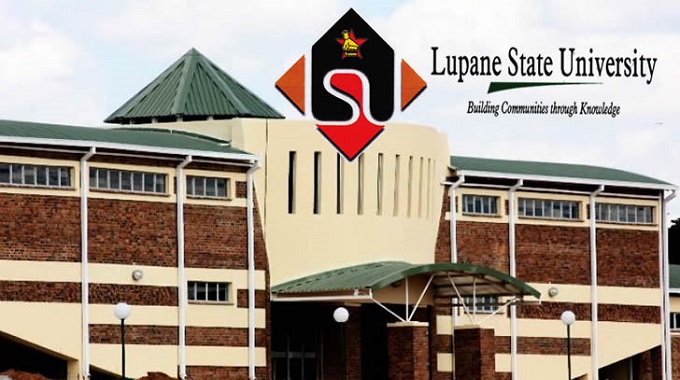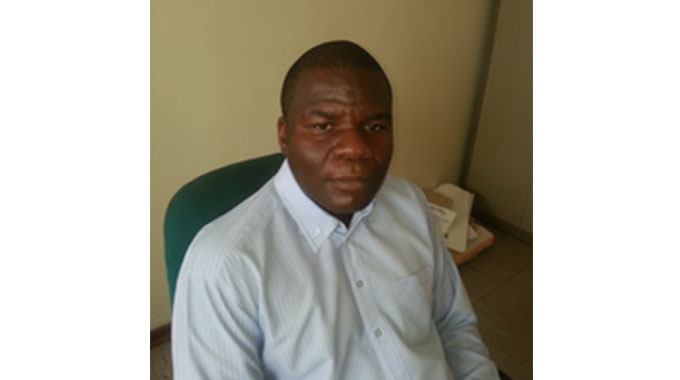
The Sunday News

Rutendo Nyeve, Sunday News Reporter
AS the continent celebrates the African Languages Week, linguists have hailed the Government for a plethora of measures put in place to promote indigenous languages that include observing them as official languages in the Constitution, use of these languages in courts and other public institutions as well as the establishment of community radio stations among others.
The one-week long celebration of the African Languages Week, was launched in July 2022 in Ouagadougou, Burkina Faso by the African Academy of Languages (ACALAN-AU) to empower African languages and promote their use in all domains of society.
The African Languages Week, which is celebrated annually from January 24 to 30 is also aimed at reflecting on African languages and their development as factors of peace, prosperity and integration in Africa.

Lupane State University
This year’s theme is “African Languages for Sustainable Food Security, Cultural and Socio-economic Development for the Africa We Want”
Zimbabwe has thus joined the rest of the continent in celebrating this week with linguist reflecting on some of the milestones that the country has witnessed in the promotion of indigenous languages. Dr Progress Dube a linguist and lecturer at Lupane State University said the provision of the local languages in the Constitution heralded some of the milestones that the country continues to witness.
“Our 2013 constitution recognises 15 African languages as official languages of the Republic of Zimbabwe. Our constitution is available in 15 African languages. Our African languages are used in various public institutions like the courts.
“Most of these official languages are taught at schools, colleges and universities and most of these languages are used in the media TV and radio mainly. Only Ndebele and Shona are in print media,” said Dr Dube.
He however, said more can be done in developing and modernising these African languages to match the day -to-day language needs and experiences.
“For instance, instead of celebrating that these African languages are now taught in African languages, we must take a deliberate step and make them the languages of instruction. That is, teach arts, sciences and commercial subjects in African languages from ECD to university just like how east African countries have done with Kiswahili.
It is very possible and a critical step in decolonising education. Secondly, daily newspaper must be available in all the official used African languages. Tertiary institutions must lead this revolution that will result in us celebrating African languages daily in our respective societies rather than merely celebrating and ‘a day’ or ‘a week’ in a year,” said Dr Dube.
Another language expert, Dr Mbulisi Ndlovu concurred with Dr Dube saying as a country, we have made a number of achievements in promoting African languages.
“Official recognition of 15 African Languages that are spoken in Zimbabwe. Acknowledging that these languages exist is good step towards promoting them. We have also seen the constitution and operationalization of the National Language Committee.

Dr Mbulisi Ndlovu
“The committee even organised a National Languages Conference in Victoria Falls, in June 2022. The Conference was officially opened by the President, who in his address stated that indigenous languages were essential to nation building,” said Dr Ndlovu.
The National Language Committee’ s terms of reference include spearheading the crafting of a comprehensive National Language Policy, coming up with a bill specifying measures that all state institutions ensure that all languages that are recognised by the constitution are promoted, developed and safeguarded.
The committee is also mandated to undertake and commission studies, documentation and development of the local languages.
“The licensing of community radio stations will provide a platform for local languages to be used in broadcasting thereby promoting them. The translation of national documents such as the Constitution into local languages. Translation on its own contributes towards language development,” said Dr Ndlovu. — @nyeve14



